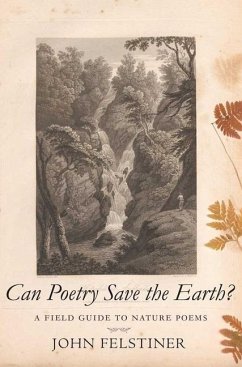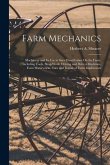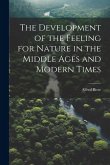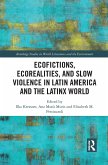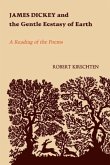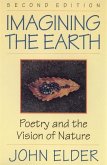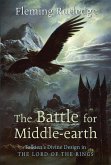Poems vivifying nature have gripped people for centuries. From Biblical times to the present day, poetry has continuously drawn us to the natural world. In this thought-provoking book, John Felstiner explores the rich legacy of poems that take nature as their subject, and he demonstrates their force and beauty. In our own time of environmental crises, he contends, poetry has a unique capacity to restore our attention to our environment in its imperiled state. And, as we take heed, we may well become better stewards of the earth. In forty brief and lucid chapters, Felstiner presents those voices that have most strongly spoken to and for the natural world. Poets--from the Romantics through Whitman and Dickinson to Elizabeth Bishop and Gary Snyder--have helped us envision such details as ocean winds eroding and rebuilding dunes in the same breath, wild deer freezing in our presence, and a person carving initials on a still-living stranded whale. Sixty color and black-and-white images, many seen for the first time, bear out visually the environmental imagination this book discovers--a poetic legacy more vital now than ever.
Bitte wählen Sie Ihr Anliegen aus.
Rechnungen
Retourenschein anfordern
Bestellstatus
Storno

